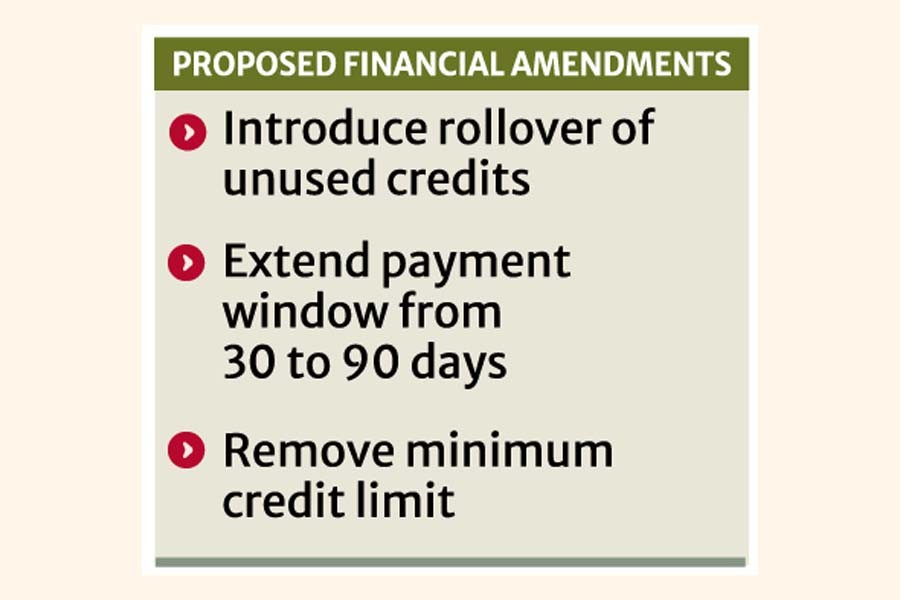
Published :
Updated :

Bangladesh Data Centre Company Limited (BDCCL) has moved to revise what it terms a 'one-sided' cloud service agreement with tech giant Oracle, seeking a refund of USD 3.68 million and sweeping changes to protect national interests.
Acting on directives from the government high-ups, the state-run company recently sent a letter to Oracle, raising objections to several clauses in the 'Oracle Cloud Service Agreement' signed earlier.
The letter proposes a series of amendments, including revisions to financial terms and arbitration procedures. However, Oracle has yet to respond or indicate any course of action.
The development comes amid a government investigation into how, and under what legal framework, Oracle transferred data and document management systems of thousands of public institutions to servers based in Singapore.
A senior BDCCL official said that under the existing agreement, arbitration on the matter is scheduled to take place in London. However, he warned that if fairness is not ensured in that process, the company would take the matter to court.
"The interests of the country are being given utmost importance and we will definitely protect data sovereignty in all areas," he said.
The official pointed out that the financial model of the agreement mirrors the controversial "capacity charge" system used in the power sector. The deal obliges Bangladesh to pay USD 23.9 million over three years, even though projected usage revenue would not exceed USD 6 million, he said.
He emphasised that cloud services are supposed to follow a 'pay-as-you-go' model. "Yet, under the deal, the government is required to pay USD 18 million regardless of actual use, with no provision for credit carry-forward, and customs duties imposed on hardware that does not even belong to us."
BDCCL has also strongly objected to the arrangement under which it was designated the 'importer of record' for Oracle-owned hardware, forcing the company to pay USD 3.68 million in duties and taxes.
The company has demanded that Oracle refund this sum, arguing that the responsibility for the payment of duties and taxes lies with the hardware's owner.
BDCCL has also expressed concerns over a clause that allows Oracle to remove hardware if it remains unused for six months, seeking a revision of the clause.
Concerns have also been raised about the payment structure and credit system, which BDCCL says could result in significant financial losses for the government.
BDCCL's proposals include introduction of a rollover system for unused credits, extending the payment window from 30 to 90 days, and removing the minimum credit limit.
The company also wants to replace bank guarantees with renewable pay orders in line with local financial practices. It has also challenged the USD 6 million fixed annual renewal fee, describing it as unsustainable.
BDCCL has additionally objected to restrictions confining the use of the Disaster Recovery Cloud Centre to government entities alone, arguing that this leaves valuable capacity idle.
It has suggested opening the service to the private sector under proper safeguards, alongside extending the contract period to five years at a total value of USD 6 million, inclusive of VAT and taxes.
The imbalance in contract termination has also been contested: while Oracle can withdraw with two months' notice, BDCCL is bound for an additional year.
The company is demanding an equal 12-month notice period and waiver of charges where termination results from regulatory requirements.
The issue of legal jurisdiction has also been brought to the fore. At present, the agreement is governed by English law with arbitration based in London.
BDCCL has proposed replacing this with Bangladeshi law and arbitration under the Bangladesh International Arbitration Centre in Dhaka.
Similarly, the existing 60-day post-termination data retention period has been challenged, with BDCCL seeking to set the timeline through negotiation.
The dispute underscores the challenges developing countries face when entering into contracts with multinational technology giants. In this case, the agreement with Oracle appears heavily skewed against Bangladesh, placing undue financial burden on the government while compromising legal and data sovereignty.
By seeking to renegotiate, BDCCL is attempting to restore balance to an arrangement that many within the sector see as unjust and unsustainable.
bdsmile@gmail.com


 For all latest news, follow The Financial Express Google News channel.
For all latest news, follow The Financial Express Google News channel.